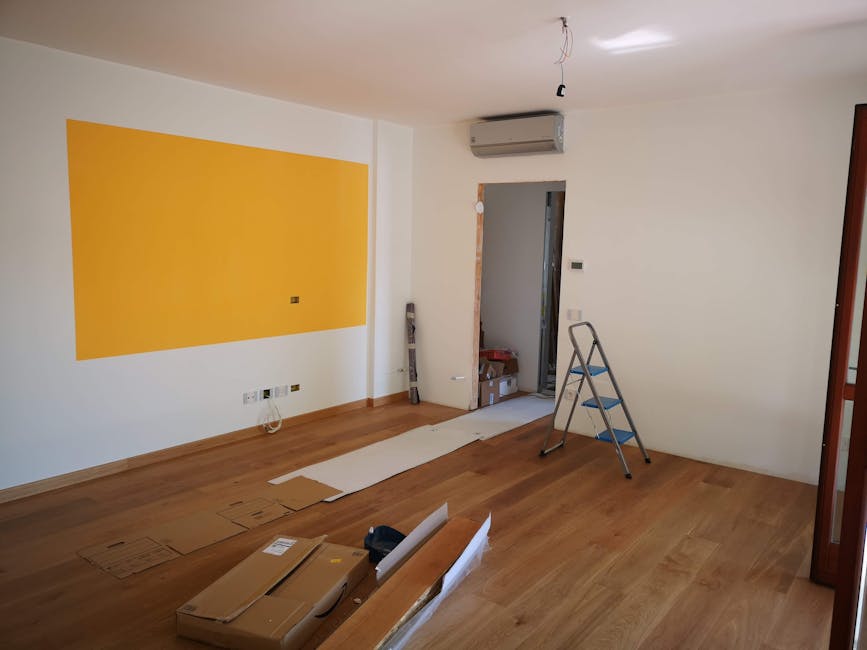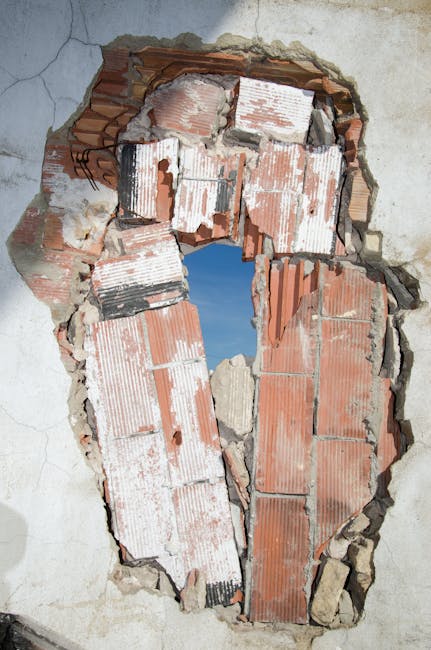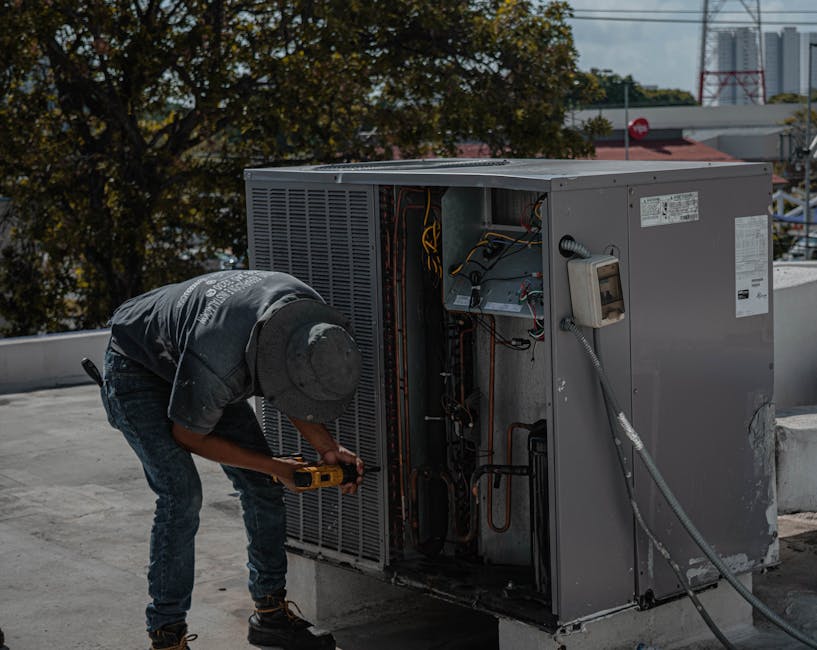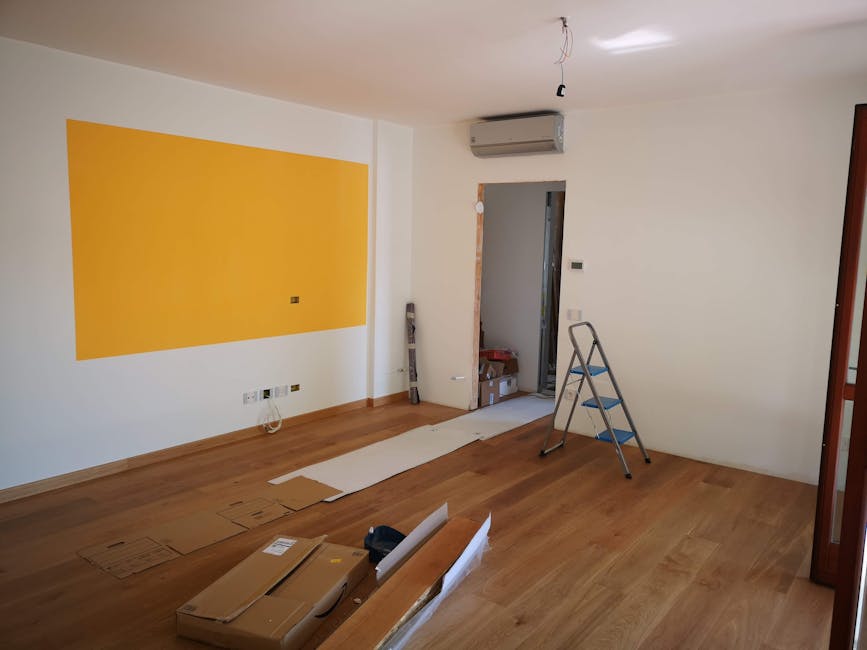Air Conditioner Repair: Troubleshooting, Maintenance, and When to Call a Pro
A malfunctioning air conditioner can quickly turn a comfortable home into an unbearable furnace. Understanding the common issues, preventative maintenance, and when to call a professional for air conditioner repair is crucial for both comfort and cost savings. This comprehensive guide covers everything from simple troubleshooting steps to recognizing when a more experienced hand is needed.

Common Air Conditioner Problems and Troubleshooting
Before you panic and dial the repair service, try these troubleshooting steps. Many common issues have simple solutions that you can handle yourself, saving you time and money.
1. No Power to the Unit
- Check the circuit breaker: A tripped breaker is the most frequent cause of a non-functioning AC unit. Check your home’s electrical panel for a tripped breaker and reset it if necessary.
- Examine the power cord: Ensure the power cord is securely plugged into the outlet and that the outlet itself is functioning. Try a different outlet to rule out a faulty outlet.
- Inspect the power switch: Make sure the power switch on the unit itself is turned on.
2. Weak Airflow
- Check the air filter: A dirty or clogged air filter restricts airflow, reducing cooling efficiency. Replace or clean the filter as needed. Refer to your unit’s manual for filter replacement instructions.
- Examine the vents: Ensure all vents are open and unobstructed. Closed or blocked vents restrict airflow and reduce cooling performance.
- Inspect the outdoor unit: Debris like leaves, grass clippings, and dirt can accumulate around the outdoor unit, hindering its ability to expel heat. Clean the area around the unit regularly.
3. Leaking Water
- Check the condensate drain line: A clogged condensate drain line can cause water to leak from the unit. Locate the drain line and clear any clogs using a wet/dry vacuum or a drain snake.
- Inspect for leaks in the refrigerant lines: Refrigerant leaks are more serious and require professional attention. Look for any signs of refrigerant leaks, such as frost or ice build-up on the unit.
4. Unusual Noises
- Identify the noise: Different noises can indicate different problems. A rattling sound might suggest loose parts, while a grinding sound could indicate a more serious mechanical issue.
- Check for loose parts: Inspect the unit for any loose parts that might be causing the noise. Tighten any loose screws or bolts.
5. Unit Freezes Up
- Check the air filter: A frozen evaporator coil is often caused by a restricted airflow due to a dirty air filter. Replace or clean the filter.
- Inspect the refrigerant charge: Insufficient refrigerant can cause freezing. This requires professional attention.
Preventative Maintenance for Air Conditioners
Regular maintenance is key to extending the lifespan of your air conditioner and preventing costly repairs. Here’s what you should do:
- Clean or replace air filters monthly: This is the single most important thing you can do to maintain your AC unit.
- Inspect the coils twice a year: Clean the coils to remove dust and debris. You can use a coil cleaning brush or a garden hose with a low-pressure nozzle for this task. Consult your owner’s manual for specific instructions.
- Check the condensate drain line regularly: Ensure the drain line is clear and free of clogs to prevent water damage and improve efficiency.
- Schedule professional maintenance annually: A professional technician can inspect your unit for potential problems and perform necessary maintenance tasks, such as checking refrigerant levels and lubricating moving parts.
When to Call an Air Conditioner Repair Professional
While some minor issues can be addressed with basic troubleshooting, some problems require the expertise of a qualified HVAC technician. Here are some signs you should call a professional:
- Refrigerant leaks: Refrigerant leaks are a serious problem that should be addressed by a professional. Attempting to repair a refrigerant leak yourself can be dangerous and may void your warranty.
- Electrical problems: If you suspect an electrical problem with your unit, it’s best to leave it to a qualified electrician or HVAC technician.
- Unusual noises or vibrations: Persistent unusual noises or vibrations can indicate a serious mechanical issue that requires professional attention.
- Unit is not cooling effectively despite troubleshooting: If you’ve tried all the basic troubleshooting steps and your unit still isn’t cooling effectively, it’s time to call a professional.
- Frozen evaporator coil: While a dirty filter might cause this, other underlying issues may require professional repair.
- Low refrigerant levels: Only a qualified technician should handle refrigerant recharge.
- Complex issues that you are unable to diagnose: If you are unsure what is wrong with your AC unit, calling a professional is always the safest option.
Choosing a Reputable Air Conditioner Repair Service
Finding a reliable and experienced air conditioner repair service is crucial. Here’s how to choose a reputable provider:

- Check online reviews: Read reviews from past customers to get an idea of the company’s reputation and service quality.
- Verify licensing and insurance: Ensure the company is properly licensed and insured to protect yourself from potential liabilities.
- Get multiple quotes: Compare prices and services from different companies to find the best value for your money.
- Ask about warranties and guarantees: Inquire about any warranties or guarantees on parts and labor.
- Look for certifications: Companies with certifications from recognized organizations like the North American Technician Excellence (NATE) demonstrate a higher level of expertise.
Conclusion
Regular maintenance and prompt attention to any problems can significantly prolong the life of your air conditioner and keep your home comfortably cool. While some minor issues can be resolved with simple troubleshooting, remember to call a qualified professional for more complex problems. By understanding the common issues, preventative measures, and when to seek professional help, you can ensure your air conditioner functions efficiently and reliably for years to come.


